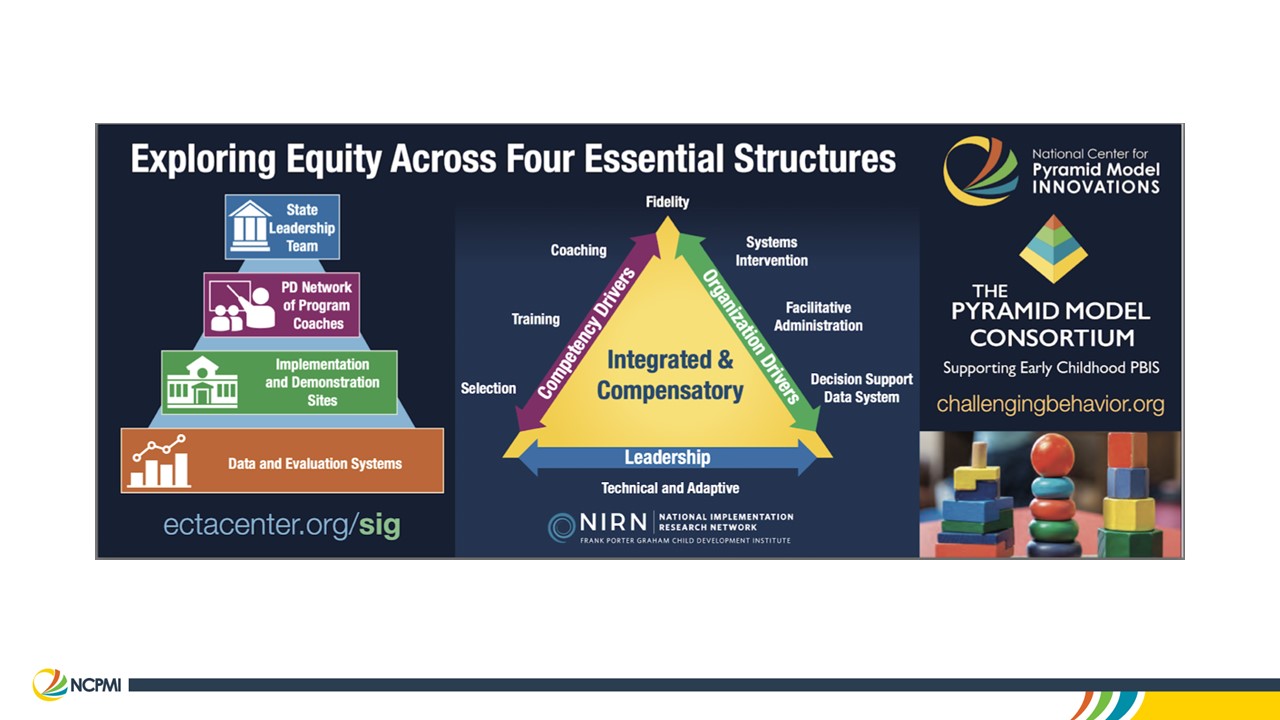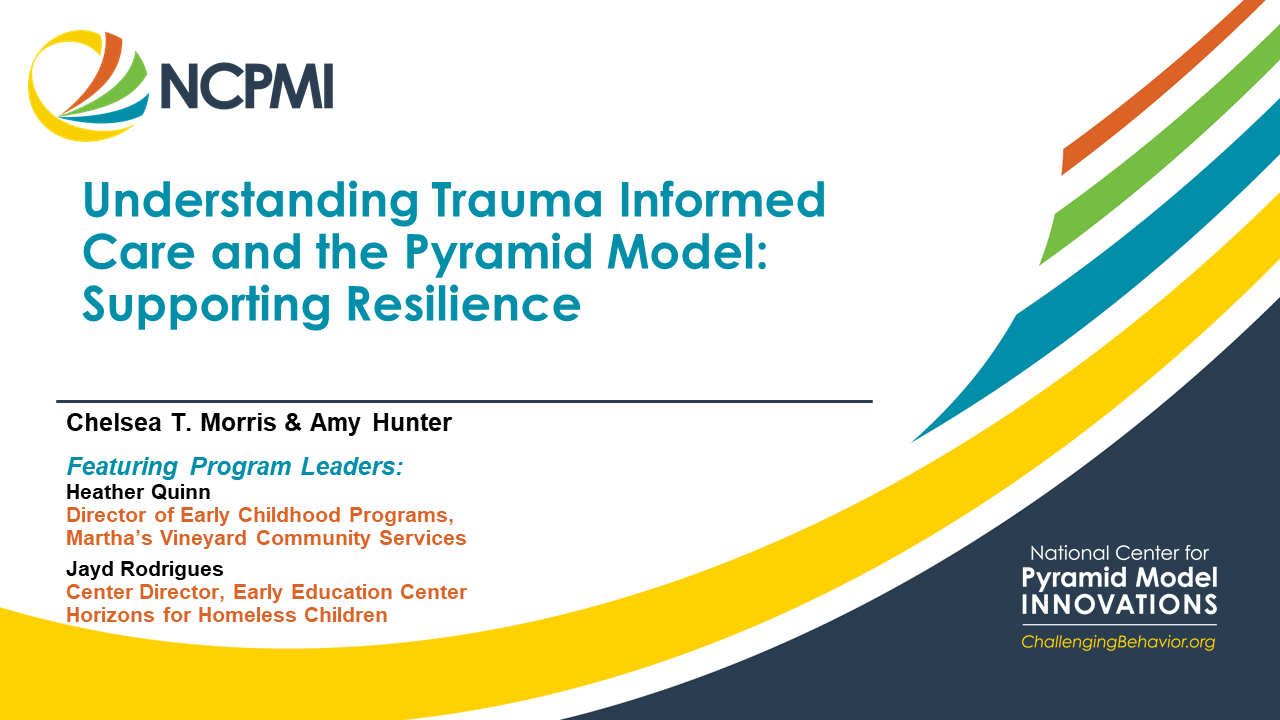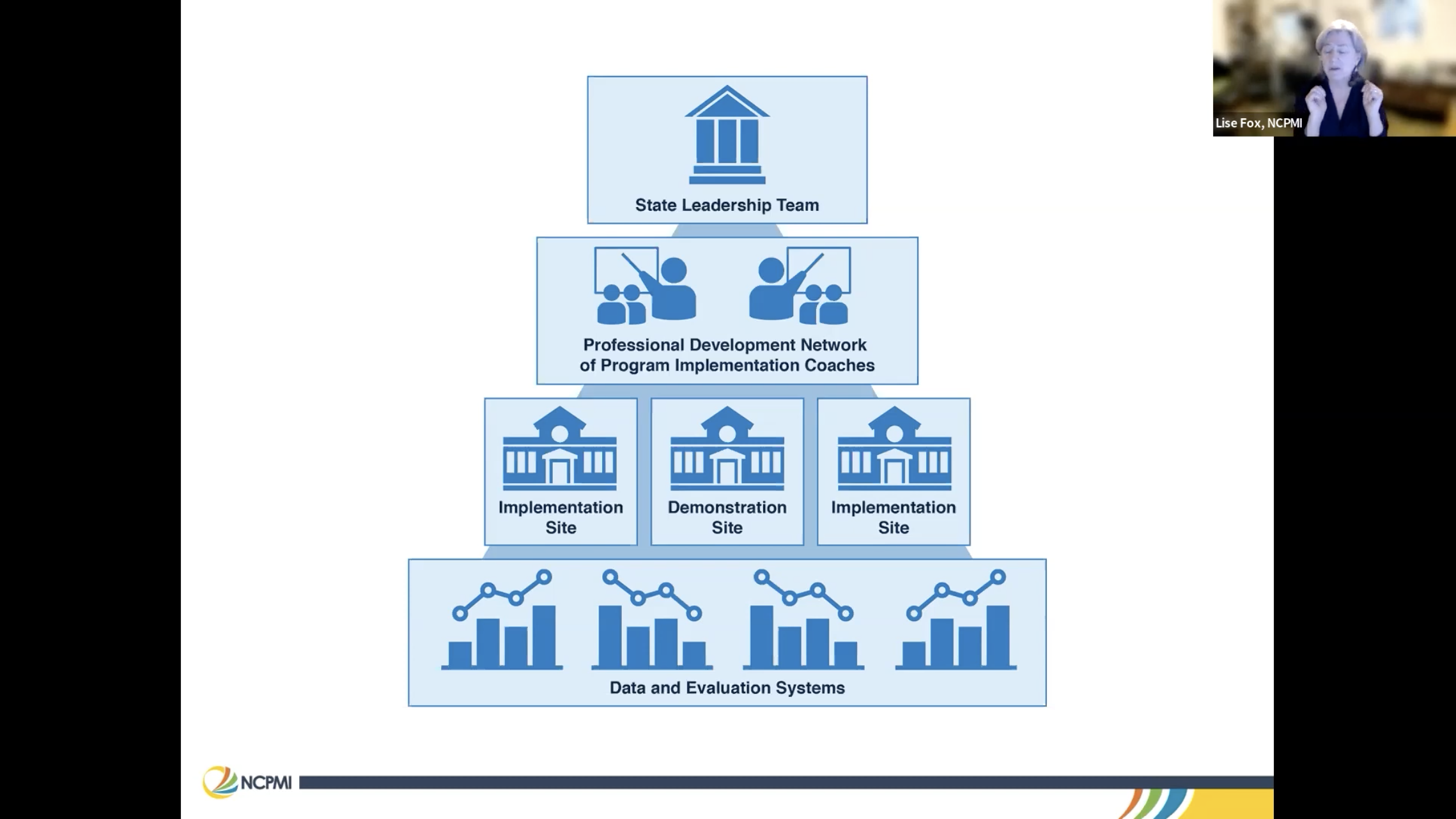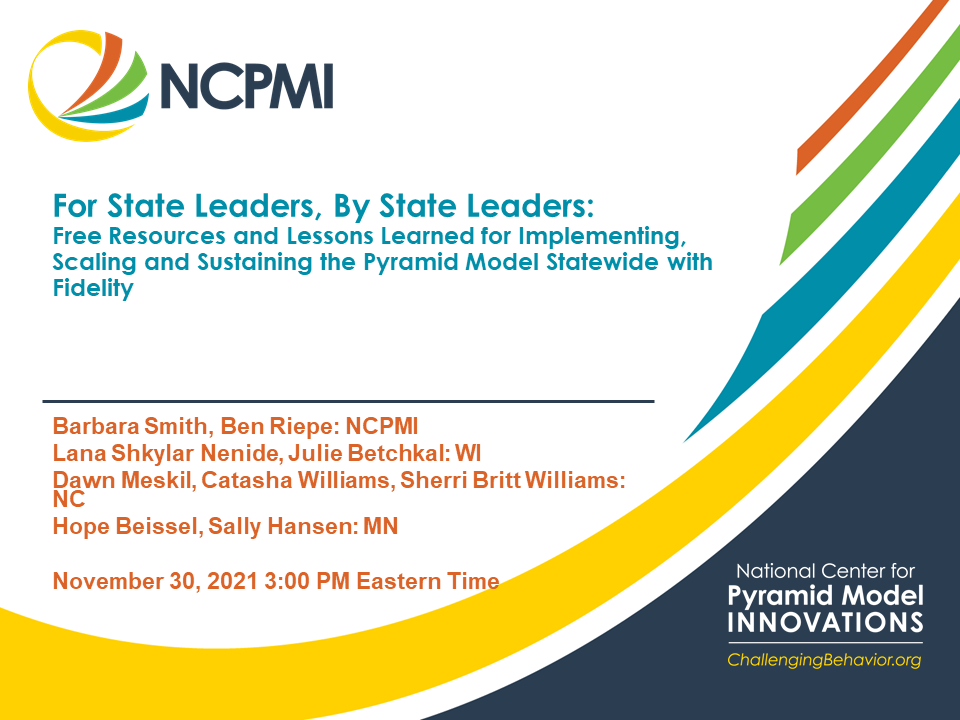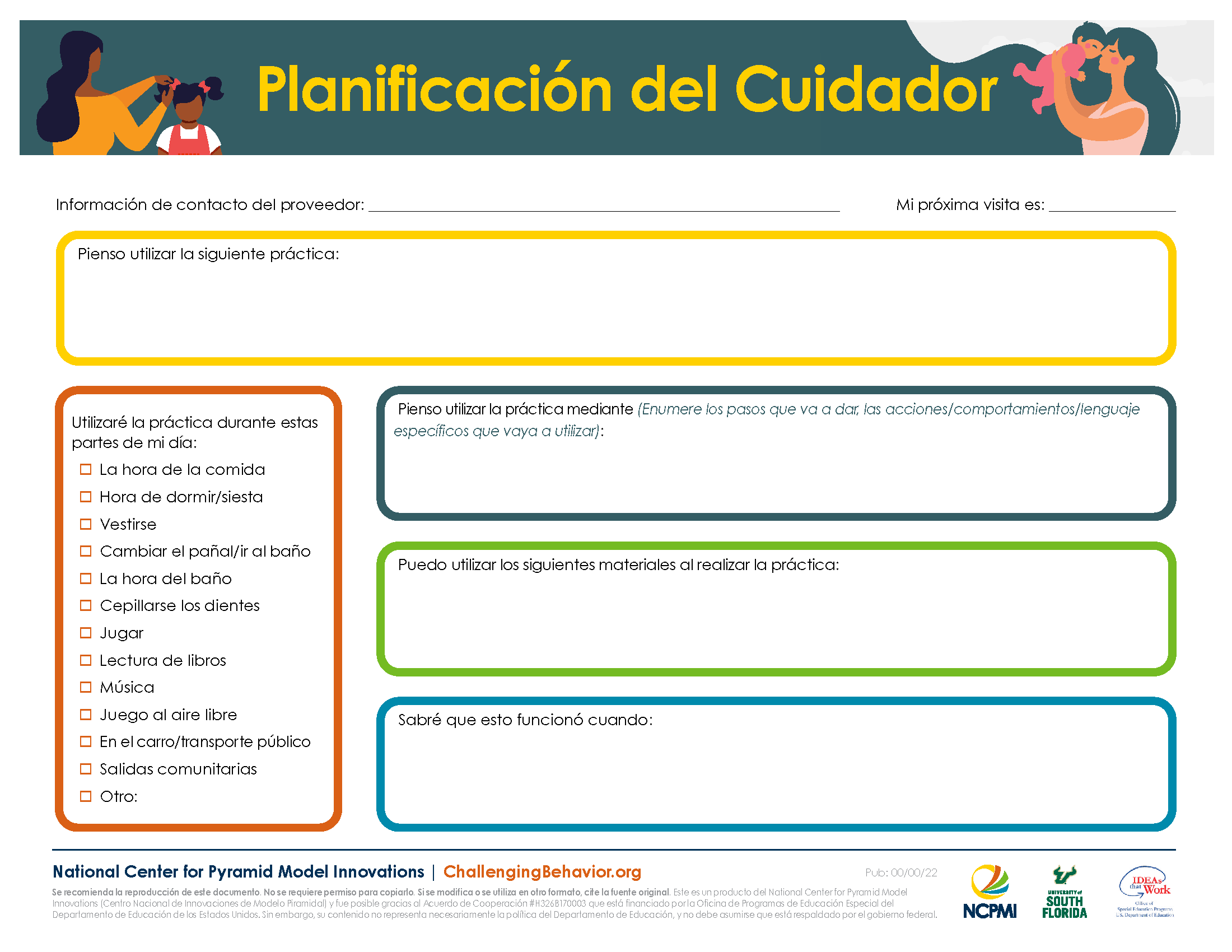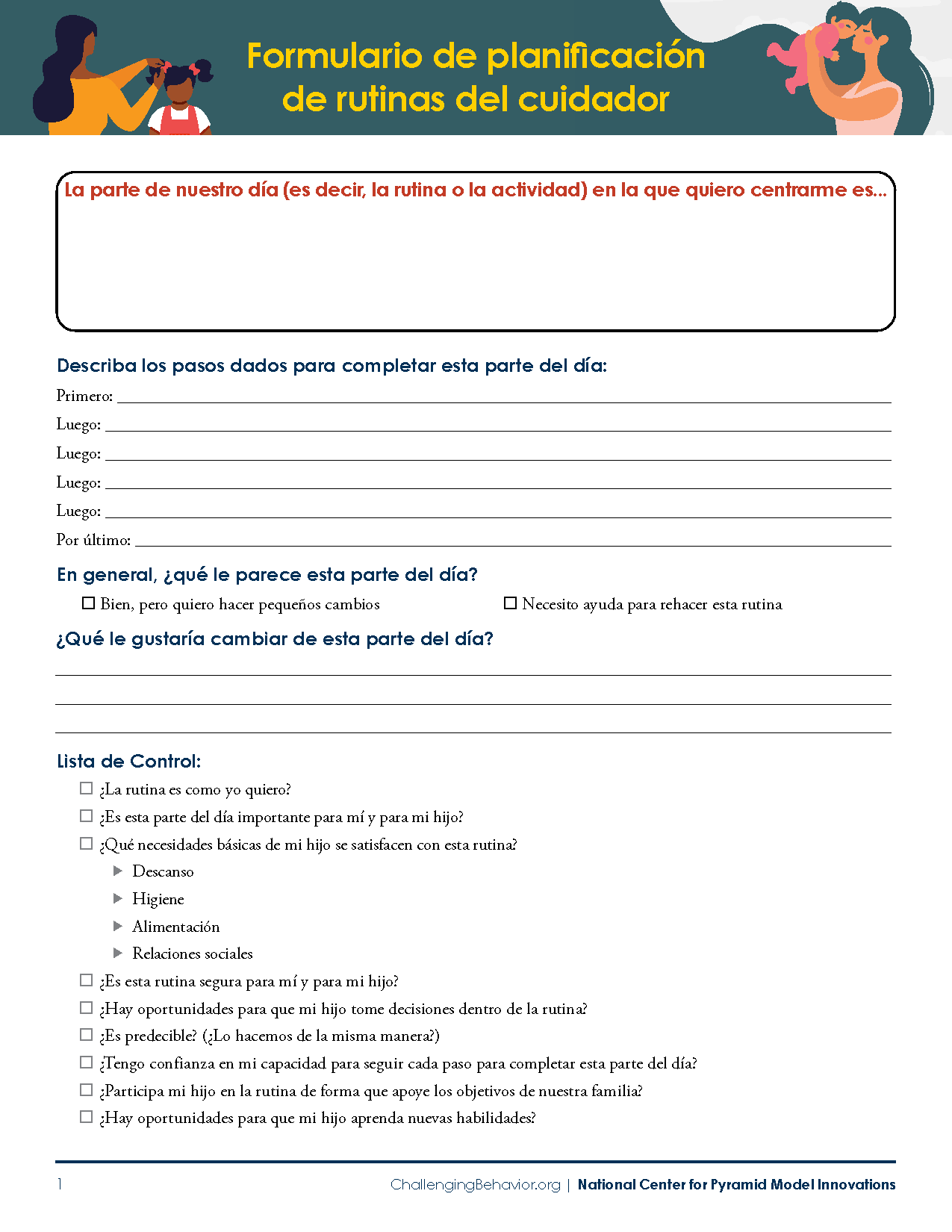For State Leaders, By State Leaders: Scaling and Sustaining Funding Through Policy Development
This webinar will focus on implementing, scaling and sustaining the Pyramid Model in states through the development of fiscal policy. A framework for a policy development process and types of public policy specific to funding will be shared. Panelists from states will share their success stories in the leverage of fiscal policy supporting the scaling and sustainability of the Pyramid Model.



